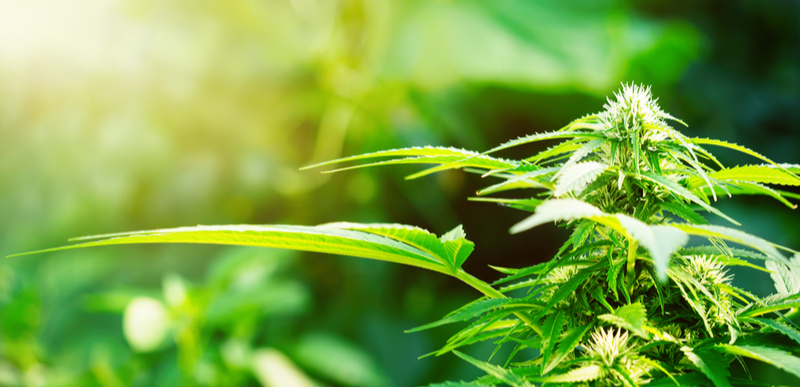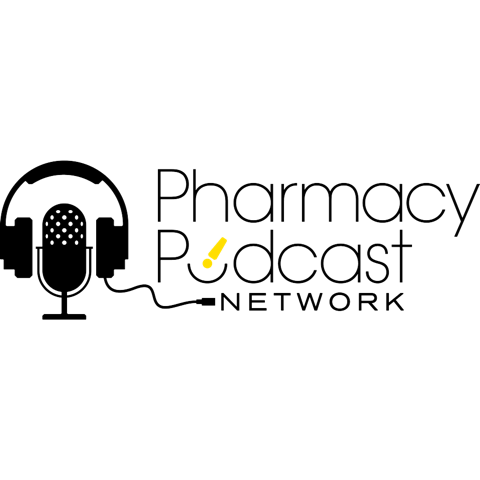
Your Dose of Cannabis Education

Your Dose of Cannabis Education
Only have a minute but want to Learn something every day™? Sign up to receive Your Dose of Cannabis Education, bringing featured content from our course library right to your inbox each day.
Your Dose of Cannabis Education is based on data from the studies and reviews published in the current peer-reviewed medical journals. Whether you are a healthcare provider, patient, caregiver, an individual working in the healthcare sector, or just a curious person, you can benefit from Your Dose of Cannabis Education.
Wake up every morning and get your dose of unbiased evidence-based cannabis education!

 An online survey posed questions regarding various aspects of sexual experience and how those aspects were impacted by marijuana use. The results indicated that marijuana helped individuals relax, heightened their sensitivity to touch, and increased intensity of feelings, thus enhancing their sexual experience, while others found that marijuana interfered by making them sleepy and less focused or had no effect on their sexual experience.
An online survey posed questions regarding various aspects of sexual experience and how those aspects were impacted by marijuana use. The results indicated that marijuana helped individuals relax, heightened their sensitivity to touch, and increased intensity of feelings, thus enhancing their sexual experience, while others found that marijuana interfered by making them sleepy and less focused or had no effect on their sexual experience.
 Cancer is listed as a qualifying condition in 100% of the US medical marijuana states. Cannabinoids have been shown to ameliorate some of the symptoms associated with cancer and the side effects associated with some cancer treatments, however, cannabinoids have not been shown to be an effective anti-cancer agent in humans in randomized controlled trials.
Cancer is listed as a qualifying condition in 100% of the US medical marijuana states. Cannabinoids have been shown to ameliorate some of the symptoms associated with cancer and the side effects associated with some cancer treatments, however, cannabinoids have not been shown to be an effective anti-cancer agent in humans in randomized controlled trials.
 Although the findings of studies examining the efficacy of cannabinoids in Crohn's disease indicate that cannabinoids do not improve inflammatory markers or endoscopic score, the results indicate that THC reduces the Crohn's disease activity index by >100 points (on a scale of 0Đ450).
Although the findings of studies examining the efficacy of cannabinoids in Crohn's disease indicate that cannabinoids do not improve inflammatory markers or endoscopic score, the results indicate that THC reduces the Crohn's disease activity index by >100 points (on a scale of 0Đ450).
 Members of the Breastcancer.org and Healthline communities were asked to participate in a survey during a one month period. According to the results of the survey, cannabinoids were used to relieve insomnia (70%), pain (59%), anxiety (57%), stress (51%), and nausea/vomiting (46%).
Members of the Breastcancer.org and Healthline communities were asked to participate in a survey during a one month period. According to the results of the survey, cannabinoids were used to relieve insomnia (70%), pain (59%), anxiety (57%), stress (51%), and nausea/vomiting (46%).
 Yes. According to studies performed by a pharmaceutical company that manufactures the FDA-approved CBD product called Epidiolex, a high fat/high calorie meal can increase CBD absorption by up to 5 fold.
Yes. According to studies performed by a pharmaceutical company that manufactures the FDA-approved CBD product called Epidiolex, a high fat/high calorie meal can increase CBD absorption by up to 5 fold.New to TheAnswerPage? There’s lots we’d like to share with you and we don’t want you to miss a thing! Be sure to register today for “Your Dose of Cannabis Education” emails where you’ll gain valuable insights in small doses that fit your schedule and also be provided direct access to the archived daily content.


